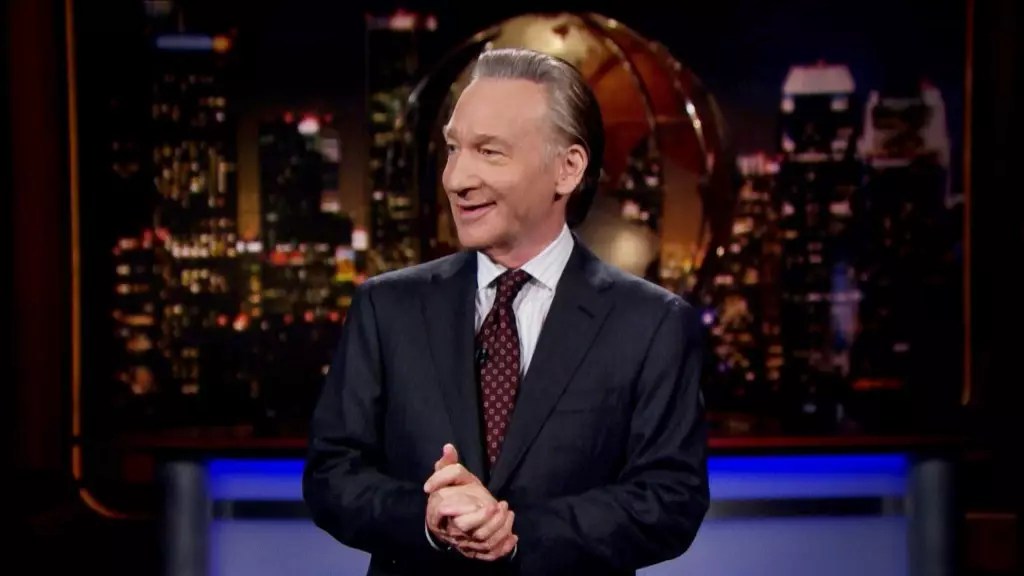As we sit nine months away from the upcoming presidential election, it is evident that the political discourse has already reached its peak in terms of repetitive talking points. Bill Maher recently addressed this issue in his “New Rules” segment on Real Time, where he criticized the constant regurgitation of complaints about the economy and other issues. Maher highlighted the exaggeration and hyperbole in these talking points, such as claiming the American dream is dead because the price of Mars bars has increased from $1 to $1.25. This repetition of cliched arguments contributes to the dullness of political debates and hinders meaningful conversations about important issues.
Maher pointed out the unhealthy trend of blaming every problem on President Joe Biden, regardless of its relevance or accuracy. He highlighted the rise of independent voters, attributing it to the mindless partisanship that dominates our political landscape. This dichotomy forces people to choose between two extremes – supporting a candidate who struggles to walk up stairs or one who struggles to walk down a ramp. This polarization leaves little room for nuanced discussions and practical solutions to complex problems.
During a panel discussion on Real Time, the guests discussed the recent shooting at the Kansas City Super Bowl victory parade and the challenges of implementing effective gun laws. Ann Coulter argued that people often respond to questions about gun laws without much thought, reflecting a lack of genuine concern or engagement with the issue. Van Jones emphasized the need for proactive policies and programs to steer children away from trouble, highlighting the importance of parental involvement and community support. The conversation also touched on the role of social media in fueling violence and revenge, creating a toxic environment where insults lead to retaliation.
Dr. Jean Twenge, a psychology professor and author, discussed the impact of technology on societal change and generational differences. She warned that the decline in reading habits among younger generations, particularly the “Polars” who will succeed Gen Z, will have far-reaching consequences for America’s future. Twenge attributed this shift to the influence of technology and the pervasive nature of social media, which shapes the way individuals interact and consume information. The emphasis on political polarization and environmental concerns among younger generations reflects a changing landscape shaped by technological advancements.
The prevalence of mindless partisanship in political discourse poses a significant threat to meaningful dialogue and problem-solving. The repetition of exaggerated talking points, the polarization of opinions, and the impact of media and technology underscore the need for a more thoughtful and inclusive approach to addressing complex issues. By moving away from cliches and embracing nuanced discussions, we can bridge the divide and work towards a better future for all.


Leave a Reply